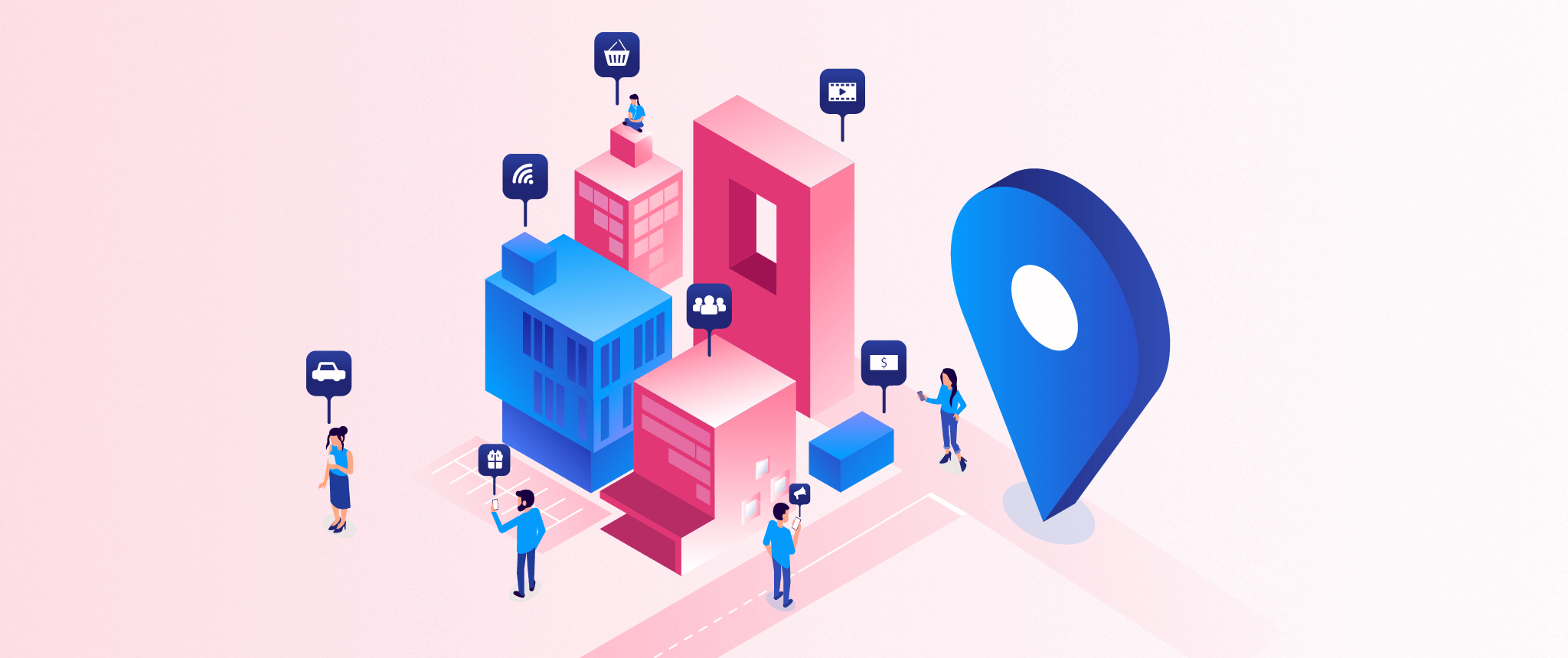
Location-based marketing is a powerful strategy that allows businesses to target customers within a specific geographic area. This form of marketing is especially beneficial for small businesses, as it enables them to compete with larger companies by focusing on a local audience. In this article, we will explore 5 powerful examples of location-based marketing for small businesses and how these strategies can lead to increased visibility, customer engagement, and sales.
Geofencing is a location-based marketing tactic that uses GPS technology to create a virtual perimeter around a designated area. When a customer enters this area with their smartphone, they can receive targeted advertisements or promotions from your business. Small businesses can use geofencing in their marketing strategies to reach customers who are nearby and more likely to visit their store.
Benefits of geofencing include increased foot traffic, personalized promotions, and the ability to analyze customer behavior within the designated area. By understanding how customers interact with your business, you can tailor your marketing efforts to better meet their needs.
Beacons are small, wireless devices that emit Bluetooth signals, which can be detected by nearby smartphones. When a customer is within range of a beacon, they can receive targeted messages, promotions, or information about your business. Small businesses can use beacons in their marketing strategies to engage customers who are already in or near their store, increasing the likelihood of a sale.
Benefits of beacons include the ability to send timely and relevant promotions, personalized customer experiences, and enhanced customer loyalty. By connecting with customers at the right moment, small businesses can create meaningful interactions that drive sales and customer satisfaction.
Location-based coupons and offers are digital promotions that customers can access when they are within a specific geographic area. This can help encourage customers to visit your store, as they know they will receive a special deal or discount. Small businesses can use location-based coupons and offers in their marketing strategies to attract new customers and reward loyal ones.
Benefits of location-based coupons and offers include increased foot traffic, higher conversion rates, and improved customer retention. By providing incentives for customers to visit your store, small businesses can boost sales and build long-term customer relationships.
Google My Business is a free tool that allows businesses to manage their online presence across Google, including Search and Maps. Small businesses can use Google My Business for location-based marketing by optimizing their listing with relevant keywords, photos, and information about their products or services. This can help improve your local search engine ranking and increase visibility for customers searching for businesses like yours in their area.
Benefits of Google My Business include increased online visibility, better search engine ranking, and enhanced customer engagement. By leveraging this powerful tool, small businesses can effectively target local customers and drive more traffic to their website and store.
Augmented reality (AR) is a technology that overlays digital content onto the user’s view of the real world, providing an interactive and immersive experience. Small businesses can use AR in their marketing strategies to create engaging and unique experiences for customers, such as virtual store tours, product demonstrations, or interactive advertisements.
Benefits of AR in marketing include increased customer engagement, improved brand awareness, and the ability to stand out from competitors. By embracing this cutting-edge technology, small businesses can create memorable experiences that resonate with customers and encourage them to make a purchase.
In conclusion, location-based marketing is a powerful strategy for small businesses looking to target and engage customers within their local area. By implementing tactics such as geofencing, beacons, location-based coupons and offers, Google My Business, and augmented reality, small businesses can increase visibility, customer engagement, and sales. To get started with optimizing your online presence for local search, check out our Business Listing Builder and explore other online marketing strategies that can help grow your business.
What is location-based marketing?
Location-based marketing is a strategy that targets customers within a specific geographic area by delivering personalized content, promotions, or advertisements based on their location.
Why is location-based marketing important for small businesses?
Location-based marketing allows small businesses to compete with larger companies by focusing on a local audience, increasing visibility, customer engagement, and sales within their target market.
What are some benefits of geofencing?
Benefits of geofencing include increased foot traffic, personalized promotions, and the ability to analyze customer behavior within the designated area.
How can small businesses use Google My Business for location-based marketing?
Small businesses can optimize their Google My Business listing with relevant keywords, photos, and information about their products or services to improve their local search engine ranking and increase visibility for customers searching for businesses like theirs in their area.
What are some benefits of augmented reality in marketing?
Benefits of augmented reality in marketing include increased customer engagement, improved brand awareness, and the ability to stand out from competitors by offering unique and immersive experiences.
You must be logged in to post a comment.
